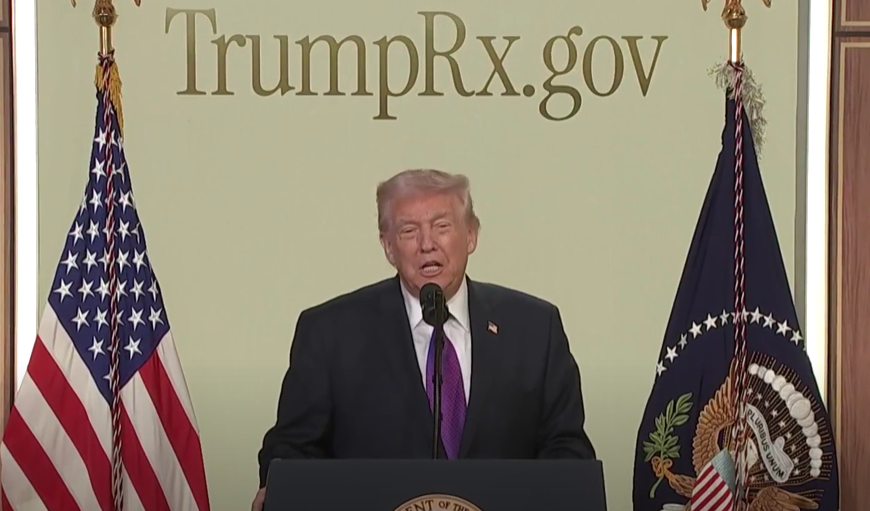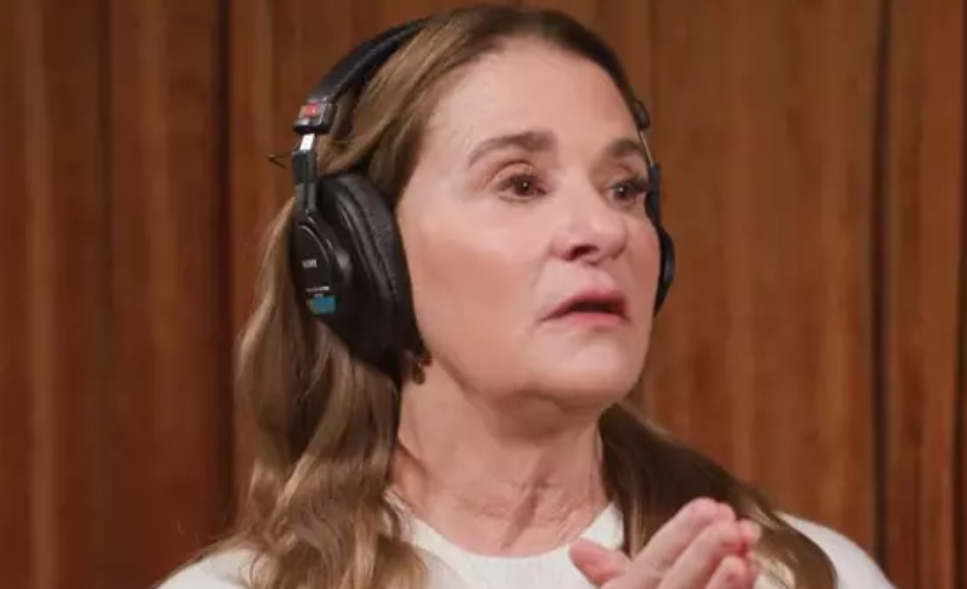A New Era for Teeth – Could We Grow Them Back?
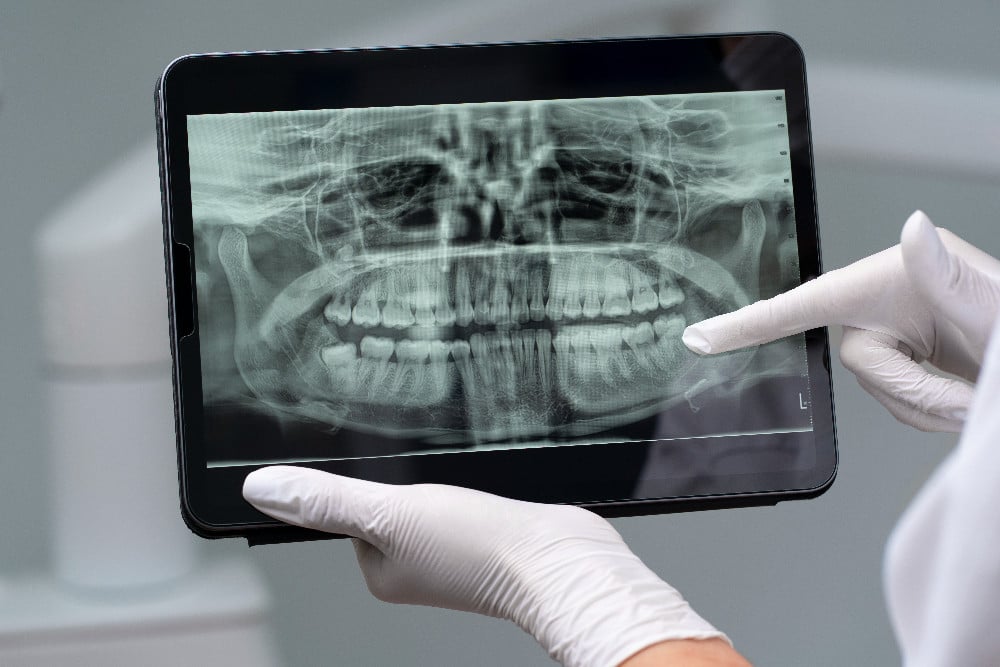
© Freepik
How close are we to seeing the tooth regeneration breakthrough in everyday dental care?
What if your body could just grow a new tooth? Scientists in Japan are working on a discovery that might make this possible.
They’ve found clues that humans could have the ability to grow a third set of teeth, hidden away in our jaws, waiting to be turned on.
This isn’t science fiction—it’s real research that could change how we deal with tooth loss forever.
The Science Behind Tooth Regeneration Breakthrough
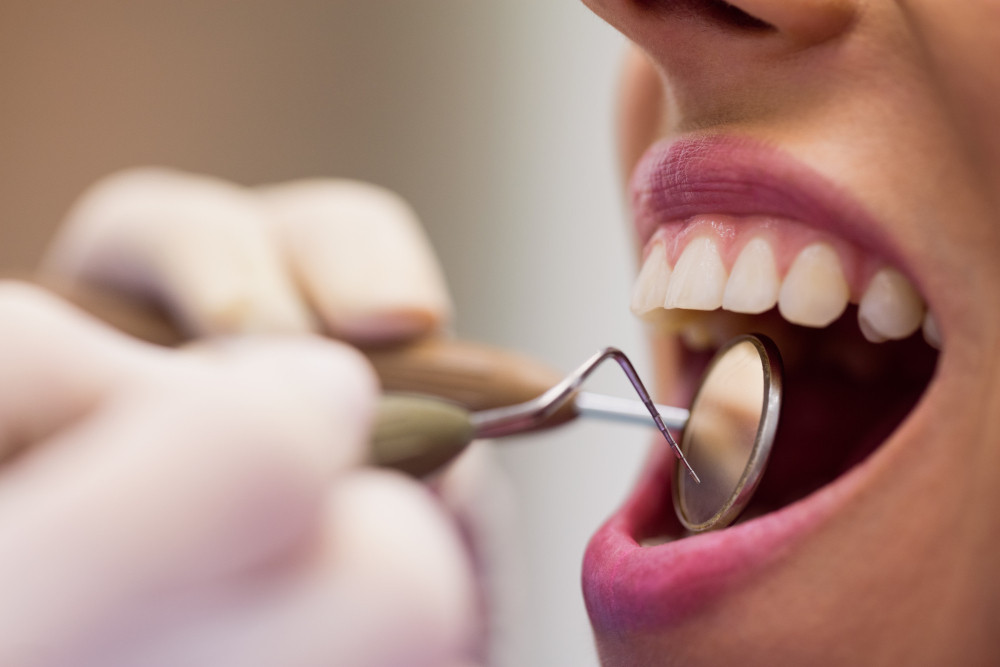
The secret lies in a gene called USAG-1. This gene acts as a stop sign for tooth growth in our bodies.
Normally, humans grow two sets of teeth: baby teeth and adult teeth. After that, the process shuts down.
But researchers believe there are tiny, unused tooth buds—almost like spare parts—sitting dormant in our jaws.
In studies, they’ve learned that the USAG-1 gene keeps these buds from turning into teeth. By creating a drug that blocks this gene, they think they can wake up those buds and let new teeth grow.
This idea didn’t come out of nowhere. The team tested it on ferrets, animals with teeth a lot like ours.
When they used the drug on ferrets, new teeth started to grow. This was a big hint that humans might have the same ability, just waiting to be unlocked.
It’s exciting because it shows our bodies could already have what they need to fix tooth loss naturally—we just need the right key.
Testing the Idea on People
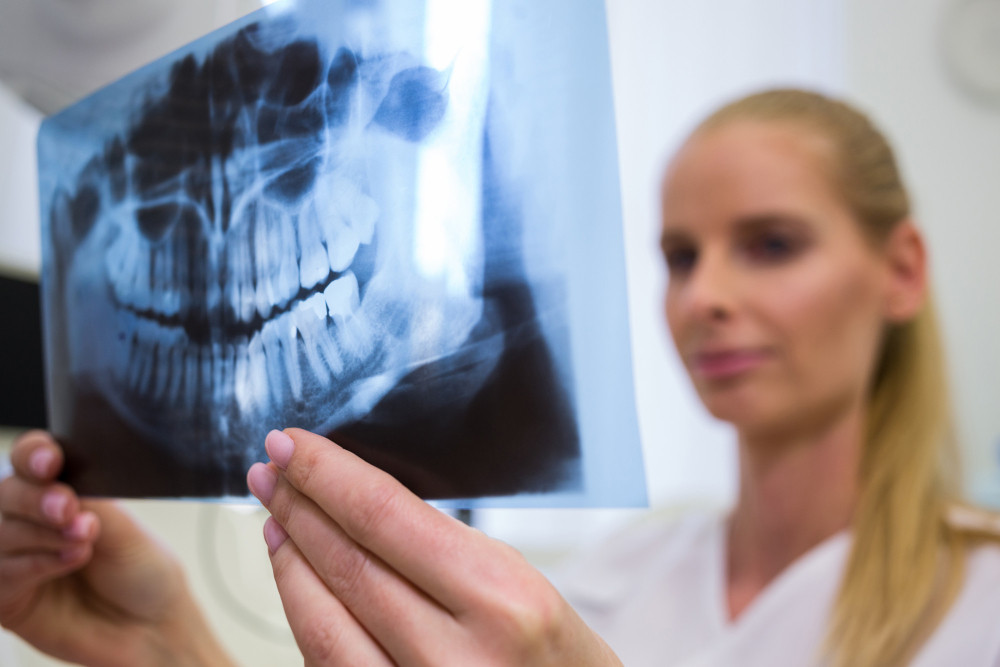
Why is the tooth regeneration breakthrough starting with kids who have anodontia?
Right now, the researchers are being careful. They’ve started clinical trials, but not on everyone yet.
The first tests are with children aged 2 to 6 who have a condition called anodontia, where some or all teeth never grow.
These kids could benefit a lot from new teeth, and the trials will help scientists see if the drug works safely.
The studies began in September 2024 and will run until August 2025, with a small group of adults also testing it first to check for side effects. If everything goes well, the plan is to have this available by 2030.
This step-by-step approach makes sense. Tooth loss can make eating and speaking harder, especially for young kids with anodontia.
If the drug works for them, it could later help adults who lose teeth from cavities, injuries, or age. Instead of getting dentures or implants, people might one day get a shot to grow their own teeth back.
A New Way to Think About Healing
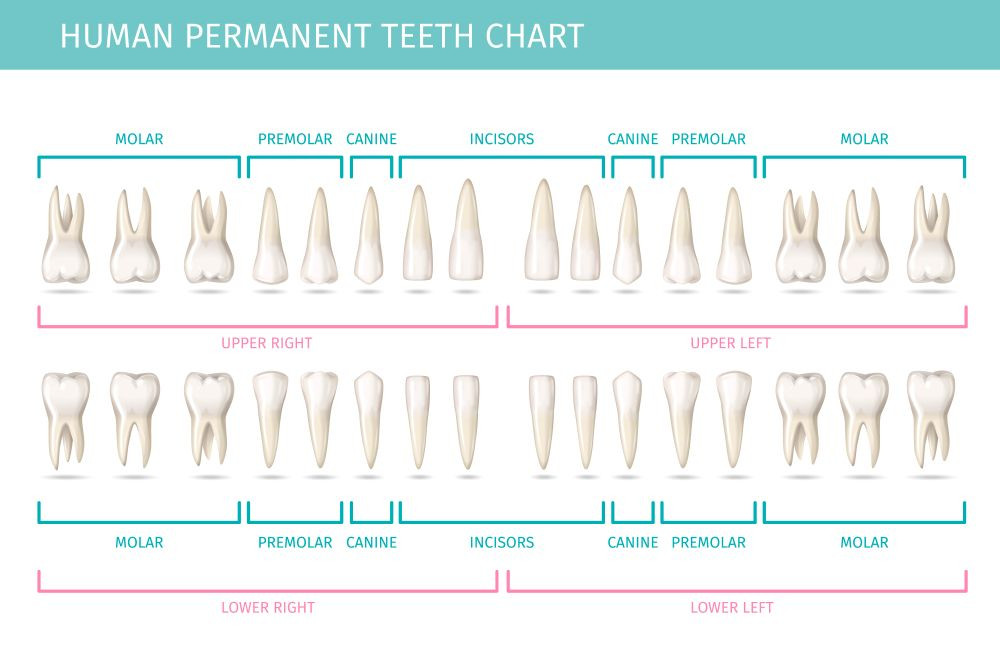
This isn’t just about teeth—it’s part of a bigger shift in how we see our bodies. For a long time, doctors have treated problems like tooth loss by adding fake parts, like bridges or screws.
But this research suggests we might not need to. Our bodies could have hidden powers to heal themselves, and science is finding ways to switch them on. It’s like discovering a tool you didn’t know you had in your toolbox.
If this works, it could change dental care completely. No more worrying about artificial teeth feeling strange or wearing out. Instead, we’d use what’s already inside us.
It’s a simple idea with huge potential: work with the body, not against it.
As the trials move forward, we’ll learn if this dream can become reality—and maybe unlock even more ways our bodies can repair themselves.
You might also want to read: Tooth-in-Eye Surgery: A Strange Procedure That Brings Back Sight
